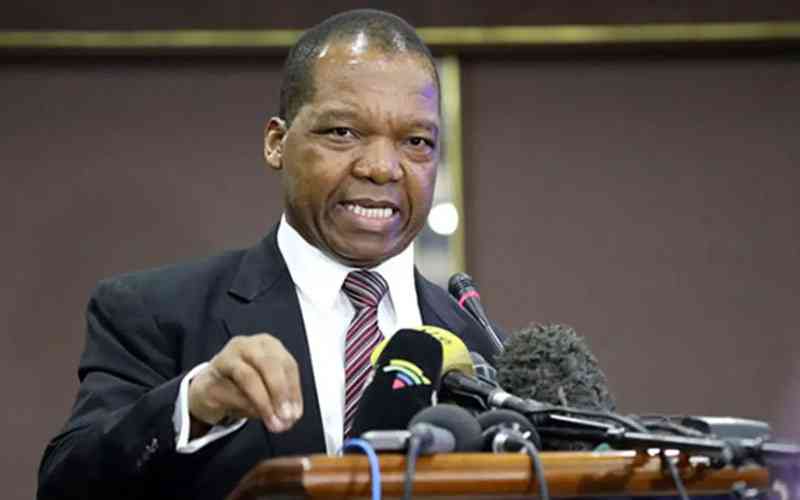
This year has not been kind to the Zimbabwe dollar.
The month of May has especially been brutal.
The Zimbabwe dollar crashed by a whopping 60% against the United States dollar on the official market, illustrating a crisis that has enveloped the economy.
As a store of value, the Zimdollar has become a hopeless case, as regular price spikes chase the parallel market exchange rate.
Coupled with high inflation, these factors have wiped salaries and savings.
For Zimbabweans, this is a familiar script, having been through an even more spectacular currency collapse in 2008.
It is frustrating that we are in this situation for the second time in one generation.
Equally frustrating has been the fog that seems to have descended on the collective heads of our leaders, who are struggling to see how to deal with the crisis.
- Drama around Ndebele king making a mockery of the throne
- Umkhathi Theatre Works on King Lobengula’s play
- Street mural exposes Zim’s divided society
- Mangudya speaks on banks’ stability
Keep Reading
They appear to be groping in the dark for a solution.
Zimbabwe's economy is struggling to emerge from decades of decline and bouts of financial chaos that charactersised the final years of the late former leader, Robert Mugabe’s reign.
His successor, President Emmerson Mnangagwa, has struggled to contain the crisis, and the country is again in the throes of a currency predicament that critics blame on endemic public corruption and economic mismanagement.
Why do our leaders seem to struggle for solutions to problems they have experienced before? They come across as poor students of history.
The previous solution for Zimbabwe’s currency woes was dollarisation, although the government simply followed what the rest of the economy had done.
Currently, however, the responsible authorities are pretending that the currency mess is someone else’s problem that will just disappear.
Reserve Bank governor, John Mangudya told the Chamber of Mines annual general meeting in Victoria Falls this week that rising inflation is being driven by ‘behavioural factors’ more than money supply growth, which he claims does not justify current exchange rate weakness.
Inflation, he insisted, was a result of ‘self-fulfilling negative expectations’ based on previous experiences with hyperinflation.
Zimbabwe’s economic mess, he insisted, was ‘not an economic fundamental challenge’, but ‘a behaviour which is based on past experiences.’
The governor reasons that ‘there is the hysterical scenario or otherwise the once beaten, twice shy scenario whereby people were beaten before by hyperinflation in 2008 and were beaten also in 2019 when we came up with new currency reforms. Human beings are rational.’
Zimbabweans are rational, and they do not see any solutions to the problems they are currently facing, namely that they can no longer afford to live on their Zimdollar salaries and earnings.
Mangudya may be correct in saying that ‘the country cannot sustain itself by using other people’s currency.’
But, how does that help workers who find themselves unable to send their children to school, put food on the table, pay for medical bills and other everyday needs because suppliers want to be paid in ‘other people’s currency’ to keep them in business?






